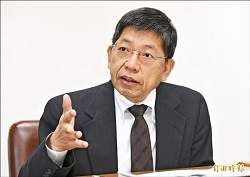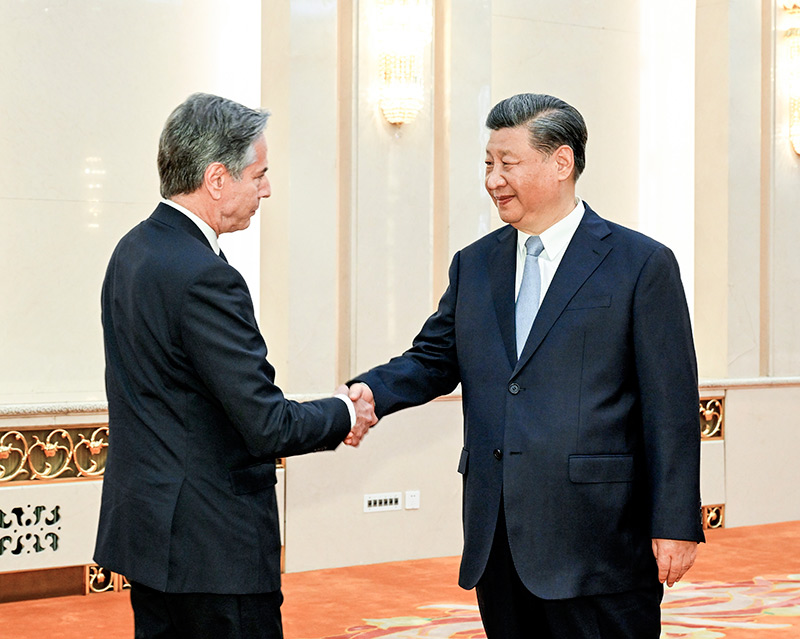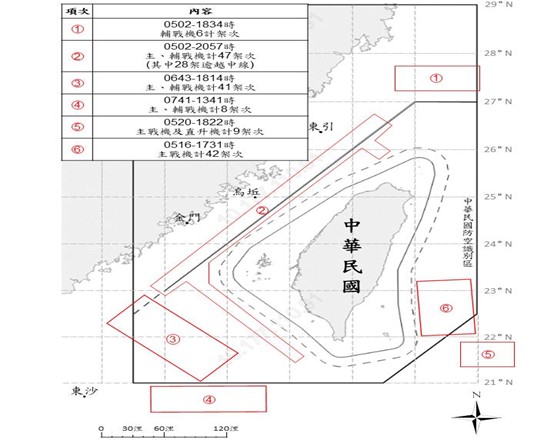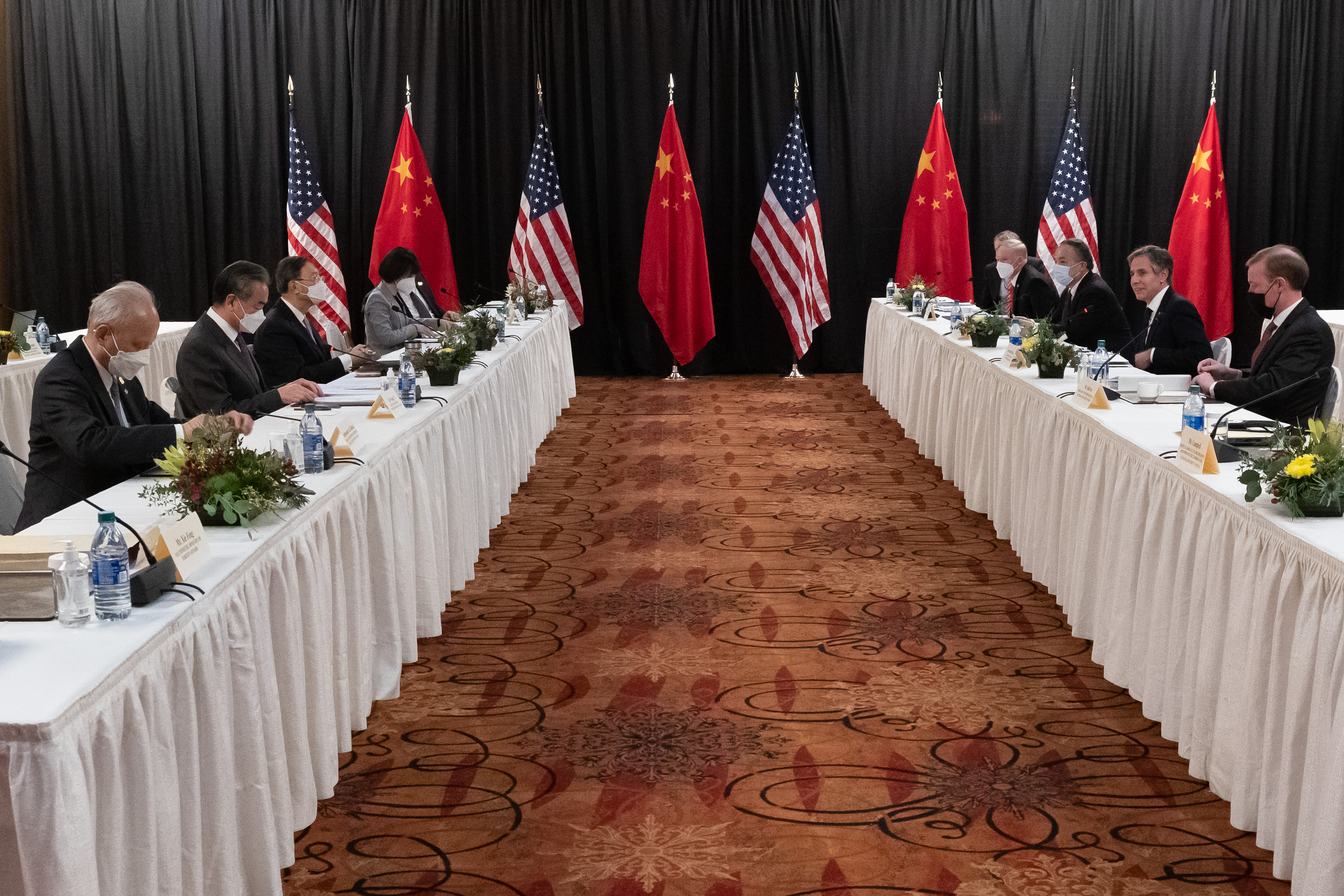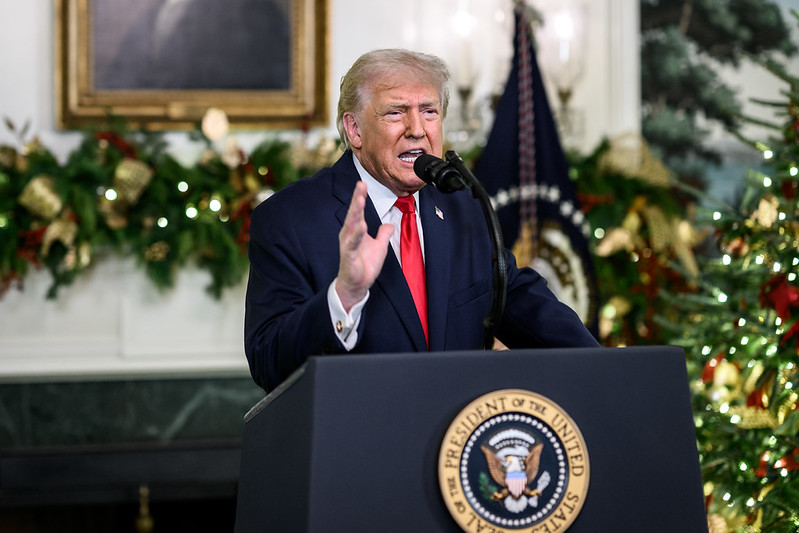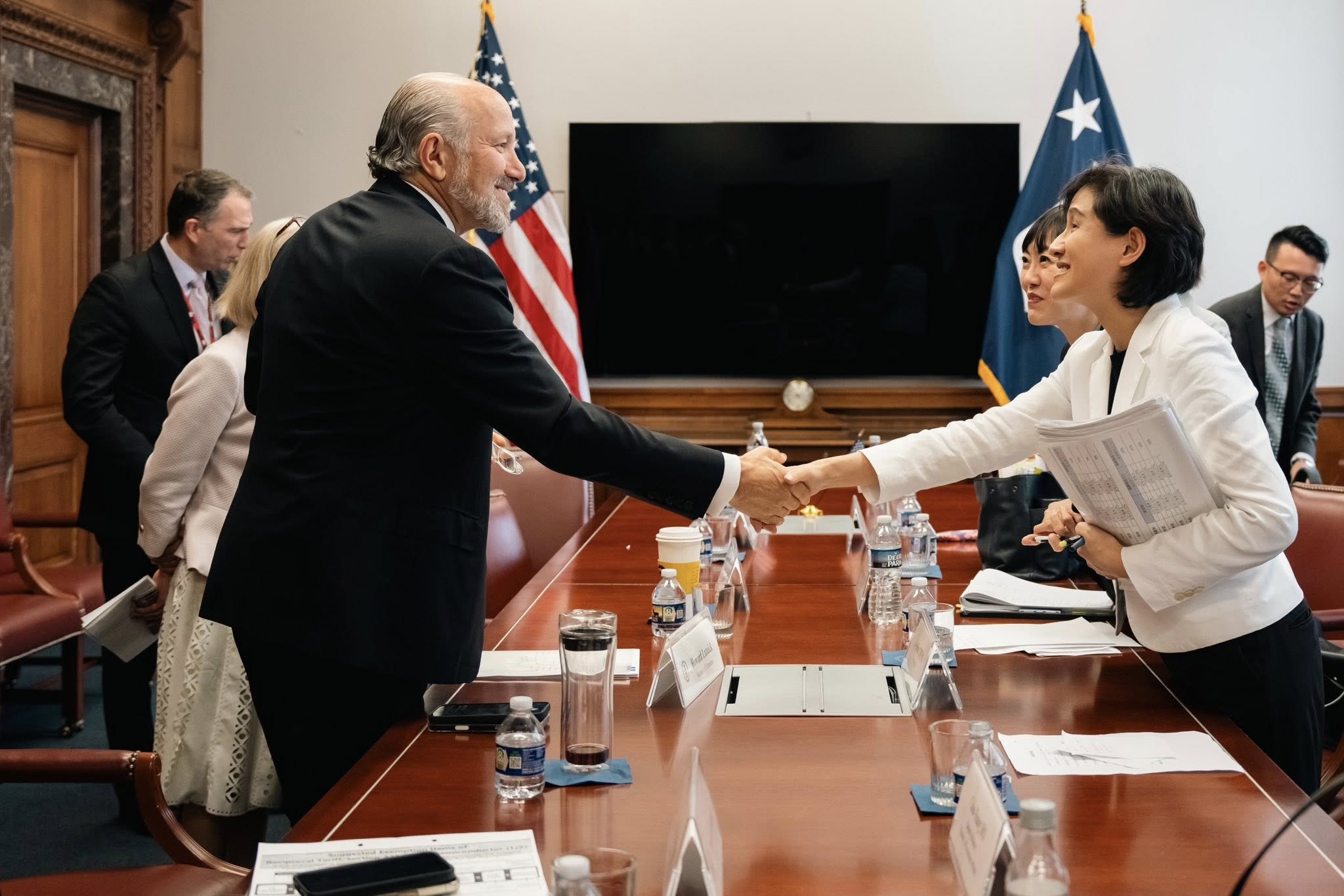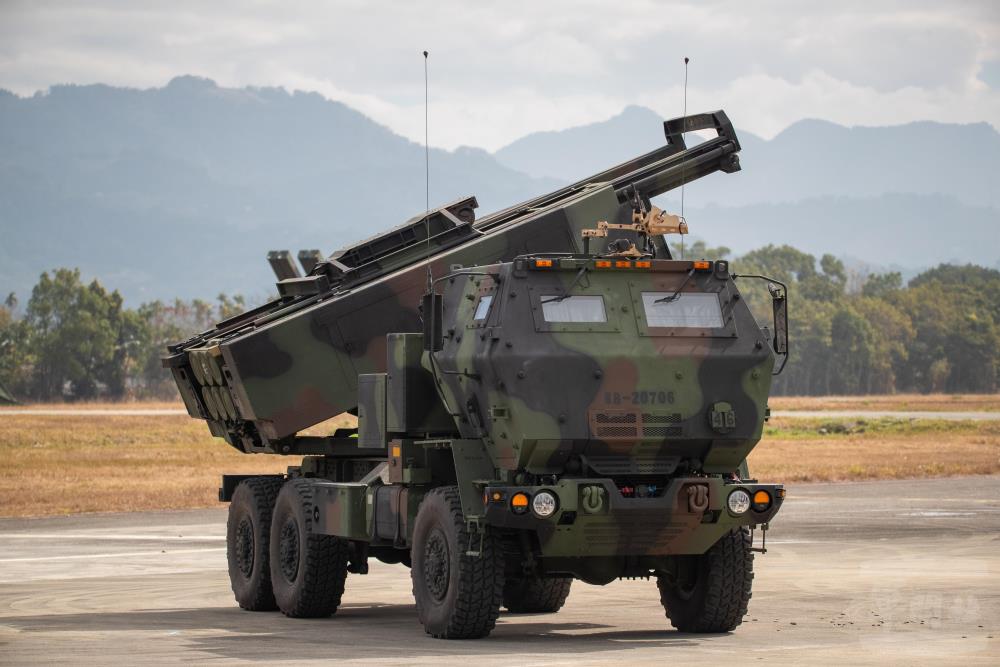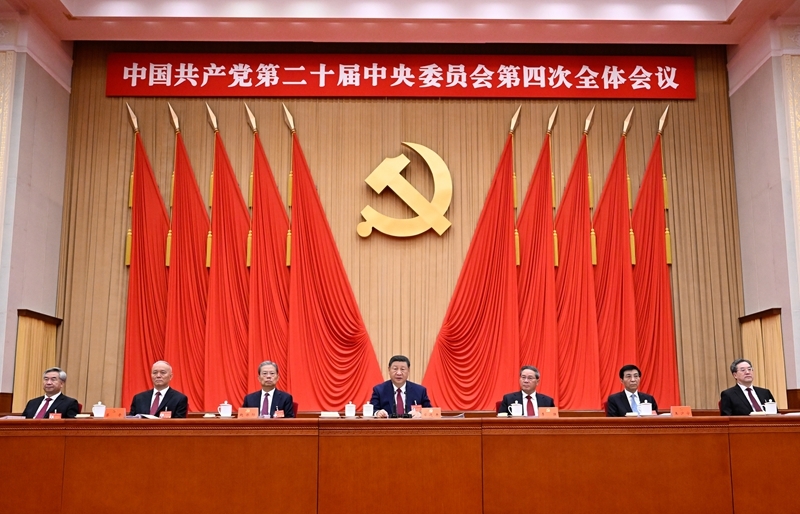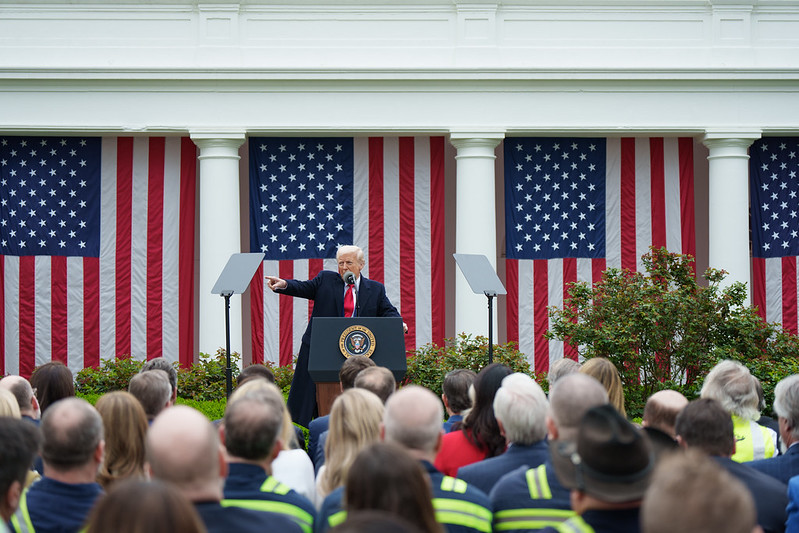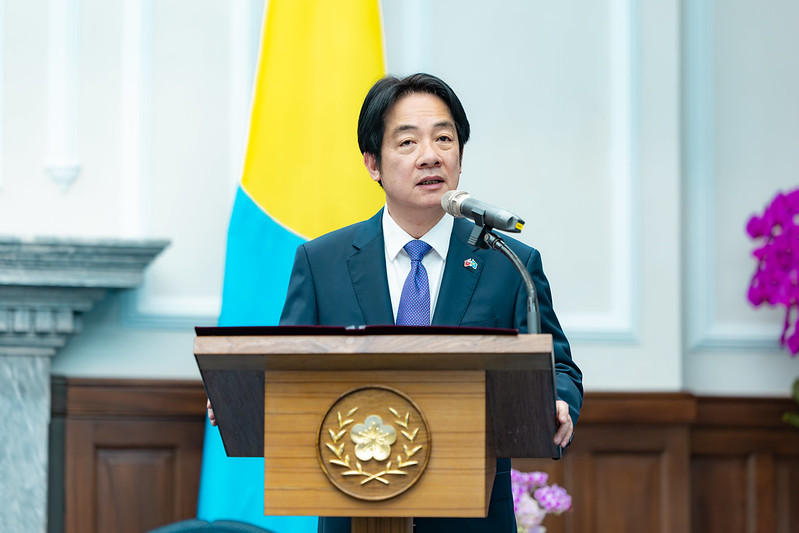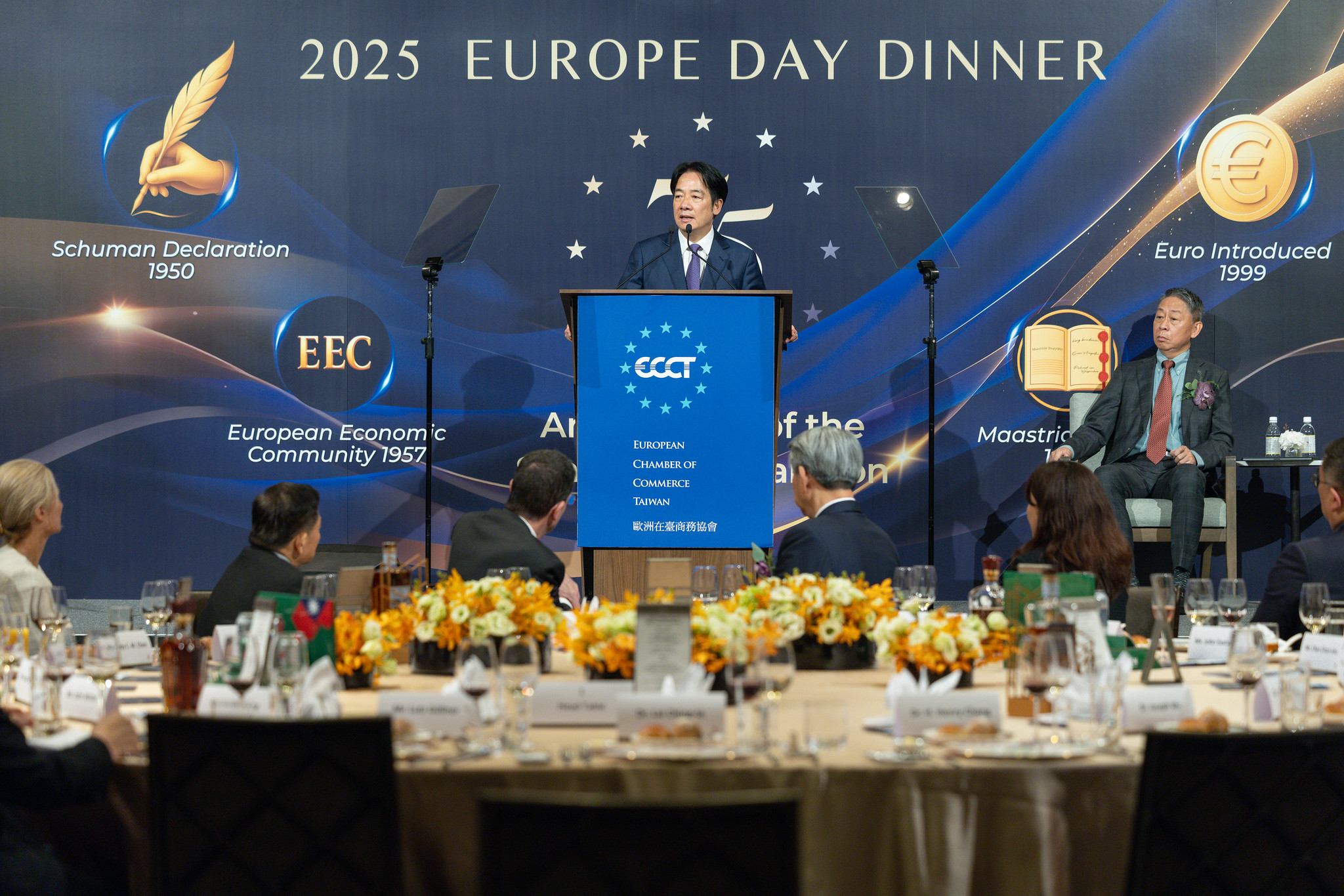Most countries maintain low expectations of Blinken’s trip to Beijing. The U.S.-China relationship has at least symbolically improved instead of deteriorating. Peaceful cross-Strait relations are indispensable elements of security and prosperity for the U.S., Taiwan, China, and the international community.
Picture source: PRC.gov, June 19, 2023, PRC.gov, http://big5.www.gov.cn/gate/big5/www.gov.cn/yaowen/liebiao/202306/content_6887176.htm
Blinken’s Hard-Won Trip Amid U.S.-China Competitive Coexistence
Prospects & Perspectives No. 37
By Cheng-yi Lin
U.S. Secretary of State Antony Blinken’s trip to China last month did not succeed in re-establishing a crisis communication mechanism between the two countries. Still, high-level contact between the U.S. and China is expected to increase. China is concerned about Taiwan’s election next year and hopes the U.S. will not support the Democratic Progressive Party. On the whole, China has made some concessions following Blinken’s visit to China, and its evaluation is more positive than that of the United States. On the surface, China adheres to principles, but it has compromised in its approach. There were opposition voices within the United States before, during and after Blinken’s trip, but President Biden believed that Blinken did a good job.
Xi Jinping received Secretary Blinken on the afternoon of June 19, and the seating arrangement was obviously aimed at making the American delegation members feel dwarfed. U.S. officials were notified on a short notice, and they failed to secure dialogue about the seating arrangement in advance. As a result, they seemed to be listening to a lecture by Xi. The Republicans in the United States have criticized Blinken’s visit to China, arguing that the Biden administration is begging China to revitalize guardrails and communication channels. Blinken’s message to China included concerns about China’s operationalization of its intelligence bases in Cuba, and dissatisfaction with China’s provocative and reckless military activities surrounding Taiwan. Overall, the Chinese side reacted more positively after the meeting with Blinken. For example, the Ministry of Foreign Affairs mentioned five U.S.-China “consents” and reiterated Xi’s statement “not to challenge or replace the United States.” Xi also asked the United States to respect China and not to harm China’s legitimate rights and interests.
The seating arrangement for Xi’s meeting with Blinken differed markedly from the way the Chinese leader met with Secretary of State Mike Pompeo in June 2018. That time, Xi’s high-ranking seating arrangement highlighted China’s unfriendly hospitality. Blinken’s visit to China was arranged only at the request of the United States. In February 2023, because of the Chinese spy balloon incident, Blinken postponed his visit to China. The Biden administration insisted that the Secretary of State must visit China before other financial or economic cabinet members visited the country. After Blinken, U.S. Treasury Secretary Janet Yellen visited China in early July, followed by Commerce Secretary Gina Raimondo planned trip to Beijing. Chinese Foreign Minister Qin Gang will also visit the United States. More high-level cabinet meetings between the United States and China will help stabilize the relationship between the two countries. However, the tensions between the two countries remain, and the foundations are still fragile. At best, the relationship will not continue to bottom out or further deteriorate. Chinese leaders have encouraged more visits to China by meeting American entrepreneurs to solve the problem of the U.S. “technological blockade” and to attract more American investment. Although the Biden administration has increased trade with China, it is still tightening restrictions of investment in Chinese projects, and aims to achieve an economic strategy of “de-risking” but “not decoupling.” China’s future economic performance is likely to suffer as a result.
China insists on not agreeing to hold defense talks with the United States. The most critical point is that Defense Minister Li Shangfu is still under sanctions by the United States. The decision to lift the sanctions depends on the Biden administration; Indian Prime Minister Narendra Modi and Indonesian Defense Minister Prabowo Subianto, who had been sanctioned by the United States for human rights abuses, have both seen the sanctions lifted and have since been guests at the White House or the Pentagon. If Li intends to visit the United States, the Biden administration may lift the sanctions. In November 2022, U.S. Defense Secretary Lloyd Austin and Chinese Defense Minister Wei Fenghe met in Cambodia on the sidelines of the ASEAN Defense Meeting. There is no reason to insist that the Chinese Defense Minister cannot meet with the U.S. Defense Secretary while other cabinet members engage in reciprocal visits.
Chinese Foreign Minister Qin Gang stressed that Blinken’s visit to China resulted in five “consents.” 1. The two sides agreed to jointly implement the important consensus reached at the Bali meeting between the two heads of state, effectively manage and control differences, and promote dialogue, exchanges and cooperation. 2. The two sides agreed to maintain high-level exchanges. 3. The two sides agreed to continue to deepen consultations on the guiding principles of Sino-American relations. 4. The two sides agreed to continue to promote the China-U.S. Joint Working Group consultations to resolve specific issues between the two countries. 5. The two sides agreed to encourage the expansion of cultural and educational exchanges between the two countries, actively discuss the increase of passenger flights between China and the United States, and welcome and support more students, scholars, and business people to visit each other.
Xi told Blinken that China and the U.S. need to mutually respect the interests of the other side. In the past, Hu Jintao refused to use the “G2” between China and the United States at the G20 London Summit in 2009, and the Obama administration also rejected Xi’s proposal to imply a “G2” between the United States and China. However, from Xi’s speech, it would appear that China and the United States are already a “G2.” Xi and Biden will have one or two face-to-face meetings in the second half of the year. They will meet either at the G20 summit in New Delhi in September or at the APEC San Francisco Informal Leaders’ Meeting in November. Meetings at the cabinet level are also expected to increase in the next few months.
American public opinion will have a greater effect on decision-making as the 2024 general elections are approaching. According to a Pew Research Center trend survey released in 2022, favorable impressions of China among American adults has fallen below 20%, with unfavorable views over 80%. There will not be any reset or major thaw in U.S.-China relations in the coming months, and neither side will abandon competitive actions. But they need to learn how to stop at the brink. Both countries need to develop connections and clarify each other’s intentions to manage stress in a complex yet by necessity peaceful competition relationship.
Most countries maintain low expectations of Blinken’s trip to Beijing. The U.S.-China relationship has at least symbolically improved instead of deteriorating. A stable relationship between the United States and China serves Taiwan’s security interests. China’s military activities and harassment around Taiwan are not in line with the peace and stability of U.S.-China relations. Blinken’s trip to Beijing indicates that talks and dialogue are a better way to soothe tensions. Peaceful cross-Strait relations are indispensable elements of security and prosperity for the U.S., Taiwan, China, and the international community.
(Dr. Lin is Research Fellow, Institute of European and American Studies, Academia Sinica.)

